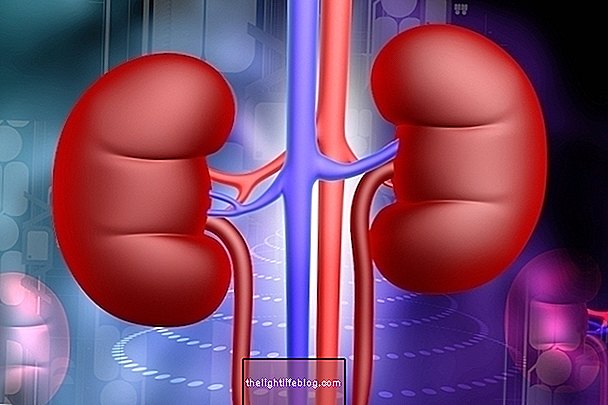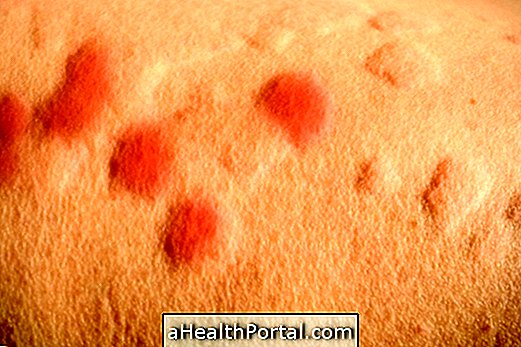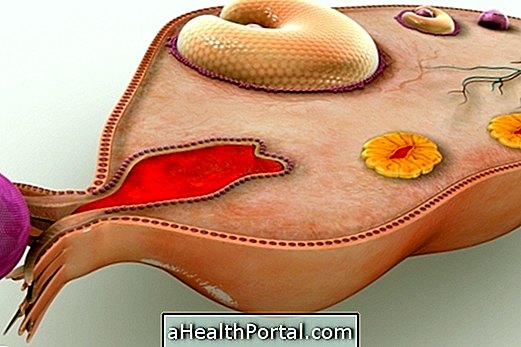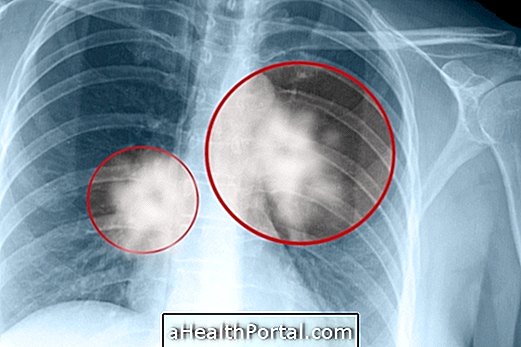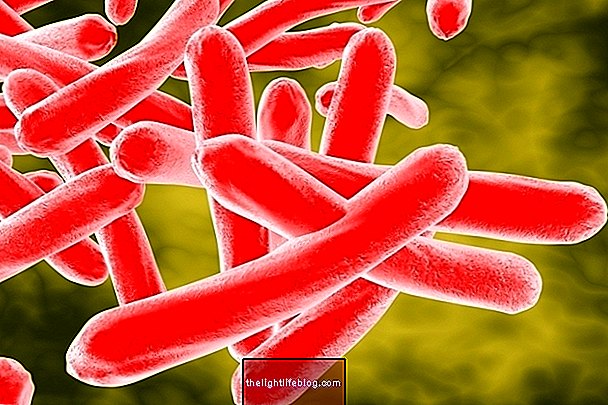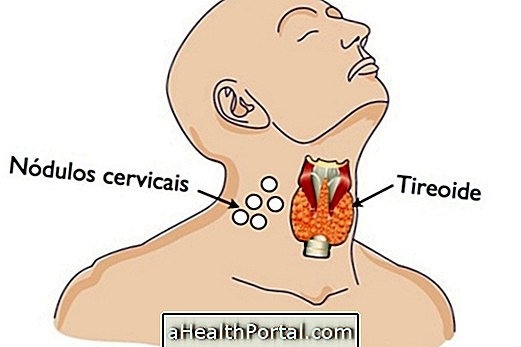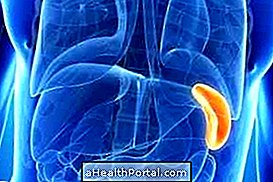High prolactin, also known as hyperprolactinemia, is a condition characterized by the increase of this hormone in the blood, which is usually related to the stimulation of milk production by the mammary glands during pregnancy, regulation of female hormones related to ovulation and menstruation, and relaxation after orgasm, in the case of men.
Thus, high prolactin can happen in both men and women and be a consequence of pregnancy, polycystic ovary syndrome, stress or tumor in the pituitary gland, for example, and can cause symptoms that may vary according to the cause.
It is important that the general practitioner, gynecologist or urologist is consulted as soon as signs and symptoms indicating hyperprolactinemia appear, as this way it is possible to confirm the diagnosis, identify the cause and start the most appropriate treatment.

Symptoms of high prolactin
Symptoms of high prolactin may vary from man to woman and also according to the cause of the increased levels of prolactin in the blood. However, in general, the main signs and symptoms of hyperprolactinemia are:
- Decreased libido;
- Alteration in the menstrual cycle, in which the woman may have irregular or absent menstruation;
- Erectile dysfunction;
- Infertility;
- Osteoporosis;
- Breast augmentation in men;
- Decreased testosterone level and sperm production.
High prolactin is usually identified by the gynecologist, urologist, or general practitioner by assessing the person's symptoms, health history, and measuring the hormone in the blood.
Hyperprolactinemia is considered when prolactin levels are higher than 29.2 ng / mL, in the case of non-pregnant women and outside the breastfeeding period, and above 20 ng / mL in the case of men, the reference value being possible vary between laboratories. Learn more about the prolactin test and how to understand the result.

Main causes
Prolactin is a hormone naturally produced during pregnancy and whose function is to stimulate the mammary glands to produce milk, this increase being considered normal, in addition to being noticed an increase close to the menstrual period. However, other conditions that can lead to an increase in prolactin and that should be investigated and treated according to the doctor's guidance are:
- Changes in the thyroid, mainly hypothyroidism;
- Polycystic ovary syndrome;
- Side effect of some medications, such as antidepressants and anticonvulsants;
- Stress;
- Addison's disease;
- Exposure to radiation in the head region;
- Head or chest surgery or trauma to these sites;
- Practice physical exercise intensely.
In addition, it is common for changes in the pituitary gland, especially nodules or tumors, to lead to increased levels of prolactin and other hormones, because this endocrine gland is responsible for regulating hormone production. Thus, when there is an alteration in this gland, there is dysfunction in the production of some hormones, including prolactin.
How is the treatment
Treatment for high prolactin usually varies depending on the cause of the increased levels of this hormone and is aimed at controlling and alleviating signs and symptoms, as well as controlling prolactin levels in the blood.
Thus, when the increase in prolactin is due to the use of hormonal drugs, for example, the doctor may indicate the suspension of the drug, exchange or change of dose. In the case of tumors, surgery to remove the tumor may be indicated, followed by chemotherapy sessions.
When the increase in prolactin happens due to pregnancy, treatment is not necessary, because this increase is considered normal and necessary so that enough milk is produced to breastfeed the baby. In that case, prolactin levels decrease as breastfeeding occurs.
In addition, when hyperprolactinemia results in sexual dysfunction, especially in men, or causes weakening of the bones, dysregulation of the menstrual cycle or changes in some functions of the body, the use of specific medications for these situations may be indicated.
Was this information helpful?
Yes No
Your opinion is important! Write here how we can improve our text:
Any questions? Click here to be answered.
Email in which you want to receive a reply:
Check the confirmation email we sent you.
Your name:
Reason for visit:
--- Choose your reason --- DiseaseLive betterHelp another personGain knowledge
Are you a health professional?
NoMedicalPharmaceuticalsNurseNutritionistBiomedicalPhysiotherapistBeauticianOther
Bibliography
- PRO-EXAM LABORATORY. Hyperprolactinema: A review of aspects of its evaluation. 2018. Available at:. Accessed on 25 Nov 2020
- BRAZILIAN FEDERATION OF GYNECOLOGY AND OBSTETRICS ASSOCIATIONS. Hyperprolactinemia in the gynecologist's office: how and when is drug treatment indicated?. Available in: . Accessed on 25 Nov 2020
- UNIVERSITY HOSPITAL OF THE FEDERAL UNIVERSITY OF SANTA CATARINA. Hyperprolactinemia protocol (in adults). 2015. Available at:. Accessed on 25 Nov 2020
